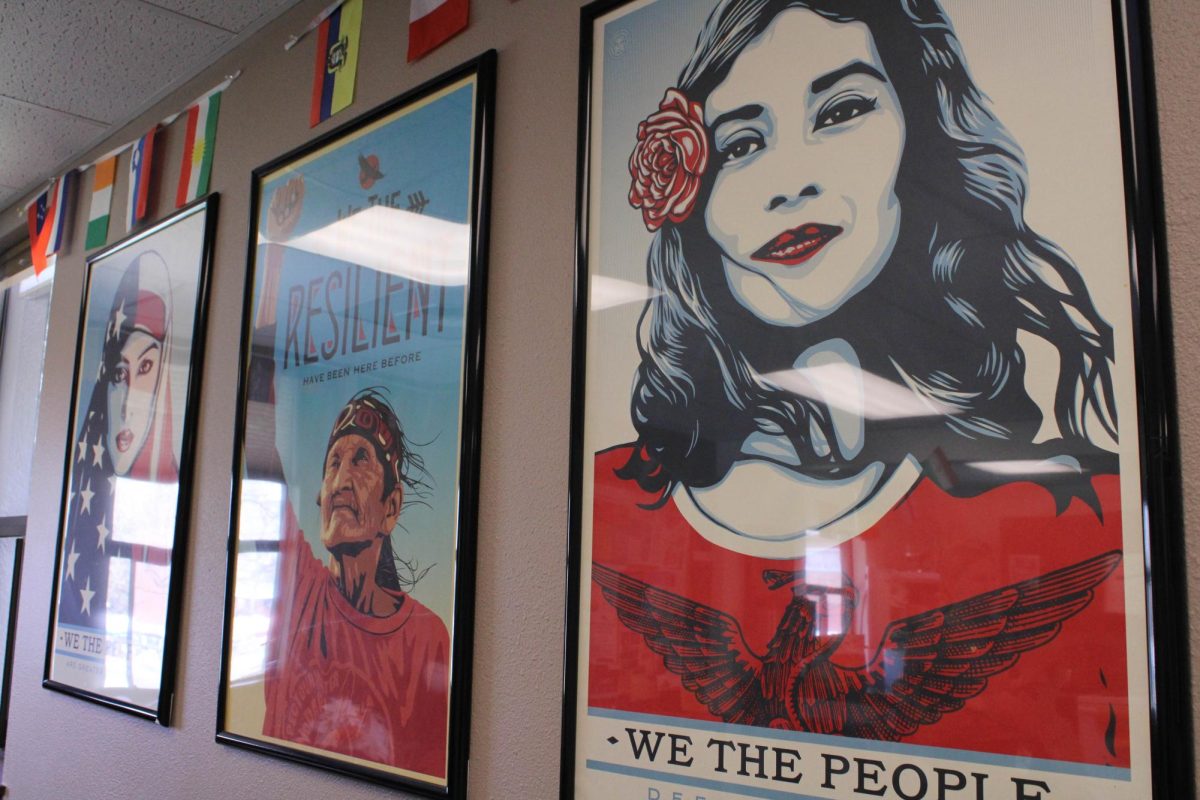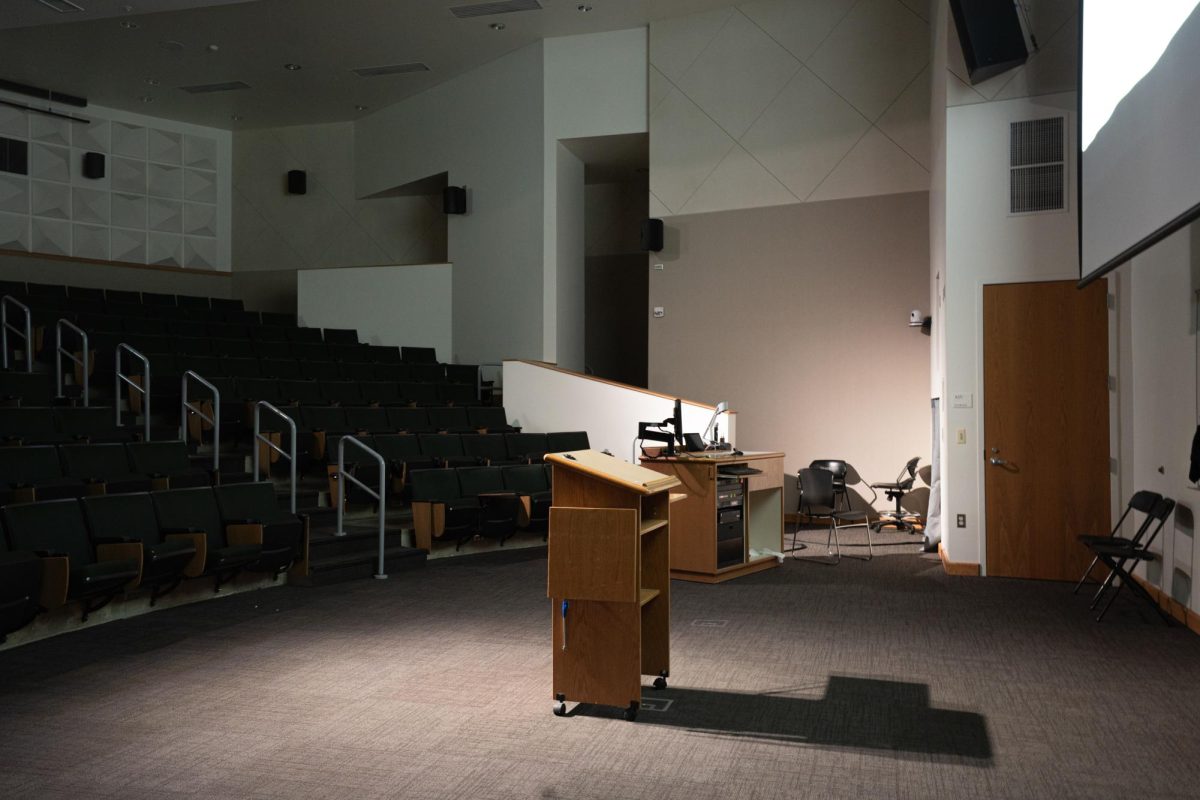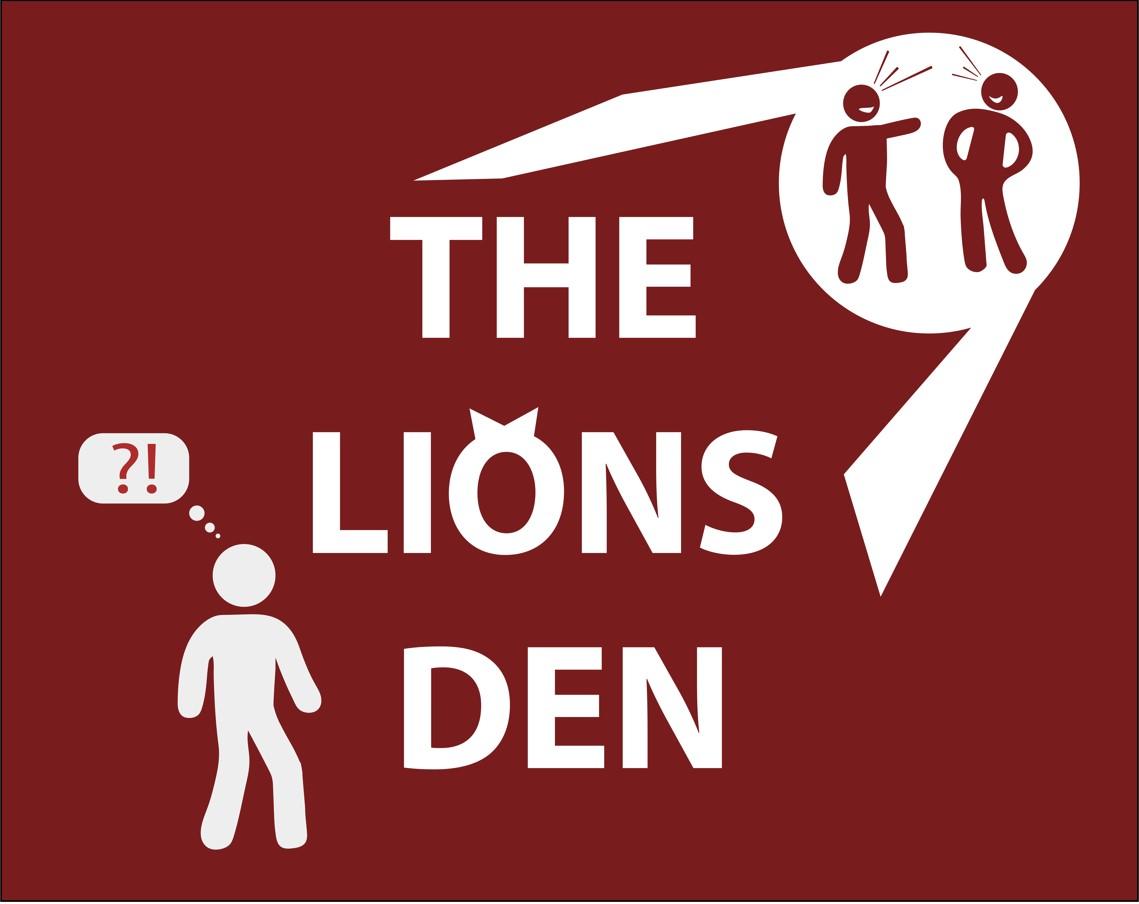The day after Donald Trump was elected 47th president of the United States, a Whitworth student drove their truck onto campus with a Confederate flag blatantly displayed on the tailgate.
The Confederate flag is a symbol that represents racism, division, subjugation and hate. Even if some claim that it also represents other ideas, the flag’s place as a sign of historical hatred is inarguable.
In response to the presence of this hateful symbol, an individual — presumably a student — slashed the flag and attempted to set it on fire.
While an understandable reaction, we urge that student — and other students, staff and faculty of Whitworth — to stop and consider how we want to respond to the situations, like this one, that are sure to arise in the wake of the election.
The display of the Confederate flag was an egregious representation of hatred and of oppression, and some may feel that it justifies the methods used to extinguish those ideas. But in a nation wracked with political polarization, we the people must not forget that violence of any form should not be used to counter ideas we disagree with.
Some may disagree with our classification of property vandalism as violent and, for that, we go to the dictionary. Oxford Languages defines violence as “behavior involving physical force intended to hurt, damage or kill someone or something.”
Before you close this article, please allow some room for nuance. Don’t write off our plea as support for the ideas represented by the Confederate flag — we stand against it and hope no student ever makes the choice to display those ideas again.
But there is a different weapon, a better weapon, that our First Amendment has given us to fight hate: freedom of speech.
True dialogue between individuals that disagree is the only way to strengthen one another and to bridge divides.
Yes, the Confederate flag represents one of the worst moments in our nation’s history. Yes, our guttural reaction should be one of sadness and of righteous anger. Yes, you have a right to feel this way. But in succumbing to base desires, we tear asunder our ability to be more, to rise above the outpouring of animalistic rage from the depths of our souls.
The only righteous way to fight speech is with more speech. To stand and declare that we will not be held captive by fear. That we will wholeheartedly reject violence against our fellow humans. That we refuse to go quietly into the night.
If we are ever to unite as a country or as a campus community, we must stand together and steadfastly hold to two principles: both a rejection of hatred and a rejection of violence.
“Books, and ideas, are the most effective weapons against intolerance and ignorance,” former President Lyndon B. Johnson said.
Albus Dumbledore may have said it better: “Words are, in my not-so-humble opinion, our most inexhaustible source of magic. Capable of both inflicting injury, and remedying it.”
If we can’t convince you of the philosophical reasons to stand for free speech, that’s okay. There’s also a practical reason that destroying someone else’s flag — even a hateful one — should be condemned.
It’s not going to do any good.
Violence is the easy response. It’s easy to let the fear and the hatred take over, and cloud our judgment. When we respond with violence, our brains tell us that maybe, finally, someone will listen.
But our brains are wrong.
There’s an old saying that goes “hate begets hate.” And, if another pretty quote won’t win you over, consider the psychological concept that backs it up. Simply put, going into ‘attack mode’ against hateful ideas is only going to push radicals farther into the realm of radicalism.
Ideas are like Chinese finger traps: treating them aggressively will only get you stuck, causing you to pull harder, get more stuck, pull harder, get more stuck and on and on and on. The only way to set your fingers free, or to free the other person from these harmful ideas, is to take a deep breath and approach the situation without aggression. Individuals who want real change must reject the easy path of violence and recognize the harm it will cause.
Our plea to combat hate with speech is not a plea to stay silent and let hate flourish. Absolutely not. Find it, root it out, engage with it — but in a way that will actually lead to change. Don’t turn this situation into “us” versus “them.” Make this a fight of love against hate.
In this specific situation, there are so many responses that could have been used. One could start with a conversation.
However, we all know that action is more effective, so let’s brainstorm non-violent tactics. A group could have peacefully surrounded the truck and refused to let it leave until the flag was removed. Someone could buy another flag, one that represents love, and pin it on top of the hateful flag. The list goes on.
We believe that action like this should be taken, often and loudly.
In addition to calling out the methods used to counter hate, we call out Whitworth University as an institution for the role that it should play in situations like this. As a private institution that has committed to free expression and civil discourse and recently urged students to “demonstrate kindness [and] show value for the other person […] always remembering the common humanity that binds us together,” we urge Whitworth to actually stand behind claims in situations like these and officially reject the violence that was used.
Again, we are not urging the university to stay silent on the hate espoused by the Confederate flag. It should stand with ideas that cause love, and against ideas that cause hate, especially those rooted in systemic oppression. In addition to decrying the slashing of the flag, Whitworth should do more than just release a one-time statement about the ideas represented by that flag. The University should use its administrative “megaphone” to acknowledge, address, condemn and learn from the racist history of the Confederate flag.
But Whitworth must also address the harm of combating systemic oppression with any sort of violence. Universities are training grounds for life, little microcosms that are training people in what is right and what is wrong.
This training becomes even more important in our current political climate. In the wake of the elections, it feels as if everyone is on edge. Given the hatred that Trump has frequently espoused from a national pulpit, and his sweeping election, it can seem understandable to give small-scale violence a pass.
But if we allow violence at the small level, how far will we allow it to go? If we justify the harm we cause to others, even if it’s just their property, where will our nation end up? If we respond to hatred with any level of hatred, how will we not end up tearing each other apart?
For everyone: Please take action. Please decry hate, stand with marginalized students and stand firm in the fact we will not support bigotry.
But please, do not justify your own actions by the harm someone else’s actions have caused.
If we do that, we the people have no chance of surviving the next four years.













